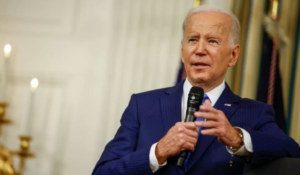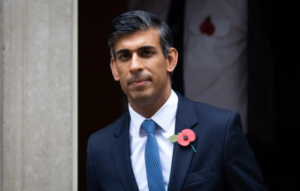Ministerial Nominees And Their States Forwarded To Senate By Buhari

Buhari
Ministerial Nominees And Their States Forwarded To Senate By Buhari
Ikechukwu Ogar – Abia
Mohammed Musa Bello – Adamawa
Godswill Akpabio – Akwa Ibom
Dr Chris Ngige – Anambra
Sharon Ikpeazu – Anambra .
Adamu Adamu – Bauchi
Maryam Katagum – Bauchi
Timipre Sylva – Bayelsa
George Akume – Benue
Mustapha Baba Shehuri – Borno
Godie Jerry Agba – Cross River
Festus Keyamo – Delta
Ogbonnaya Onu – Ebonyi
Osagie Ehinare – Edo
Clement Agba – Edo
Adeniyi Adebayo – Ekiti
Geoffrey Onyeama – Enugu
Ali Pantami – Gombe .
Emeka Nwajuba – IMO
Sulaiman Adamu – Jigawa
Zainab Ahmed – Kaduna
Hadi Sirika – Katsina
Abubakar Malami – Kebbi
Sabo Nanono – Kano
Maj Gen Bashir Saleh – Kano
Ramatu Tijani – Kogi
Lai Mohammed – Kwara
Gbemisola Saraki – Kwara
Olorunnibe Mamowora – Lagos
Babatunde Fashola – Lagos
Subairu Dada – Niger
Olamilekan Adegbite – Ogun
Tayo Alasoadura – Ondo
Rauf Aregbesola – Osun
Sunday Dare – Oyo
Paulen Tallen – Plateau
Rotimi Amaechi – Rivers
Mohammed Maigeri Dengaji – Sokoto
Saleh Momoh – Taraba
Abubakar D Aliyu – Yobe
Sadia Umar Farouq – Zamfara
Source – https://leadership.ng
The Cabinet of Nigeria is part of the Executive Branch of the Government of Nigeria. The Cabinet’s role, as written in the Ministers’ Statutory Powers and Duties (MISCELLANEOUS PROVISIONS) Act [1] is to serve as an advisory body to the President of Nigeria. Members of the Cabinet are appointed and report to the President, who can dismiss them at will. The Cabinet currently oversees 24[2]Federal Ministries, each responsible for some aspect of providing government services, as well as a number of parastatals (government-owned corporations).
The ministries and parastatals are staffed by career civil servants. Each is headed by a Permanent Secretary, a senior civil servant appointed by the Head of the Civil Service. The Permanent Secretary is accountable to a Minister, who sits in the Cabinet and reports to the President. The Minister is appointed by the President subject to approval by the Senate and is responsible for policy, while the Permanent Secretary is responsible for the implementation of policy
Read Also – Mahmood Ahmadu To Grace Euro Knowledge Leadership Award





